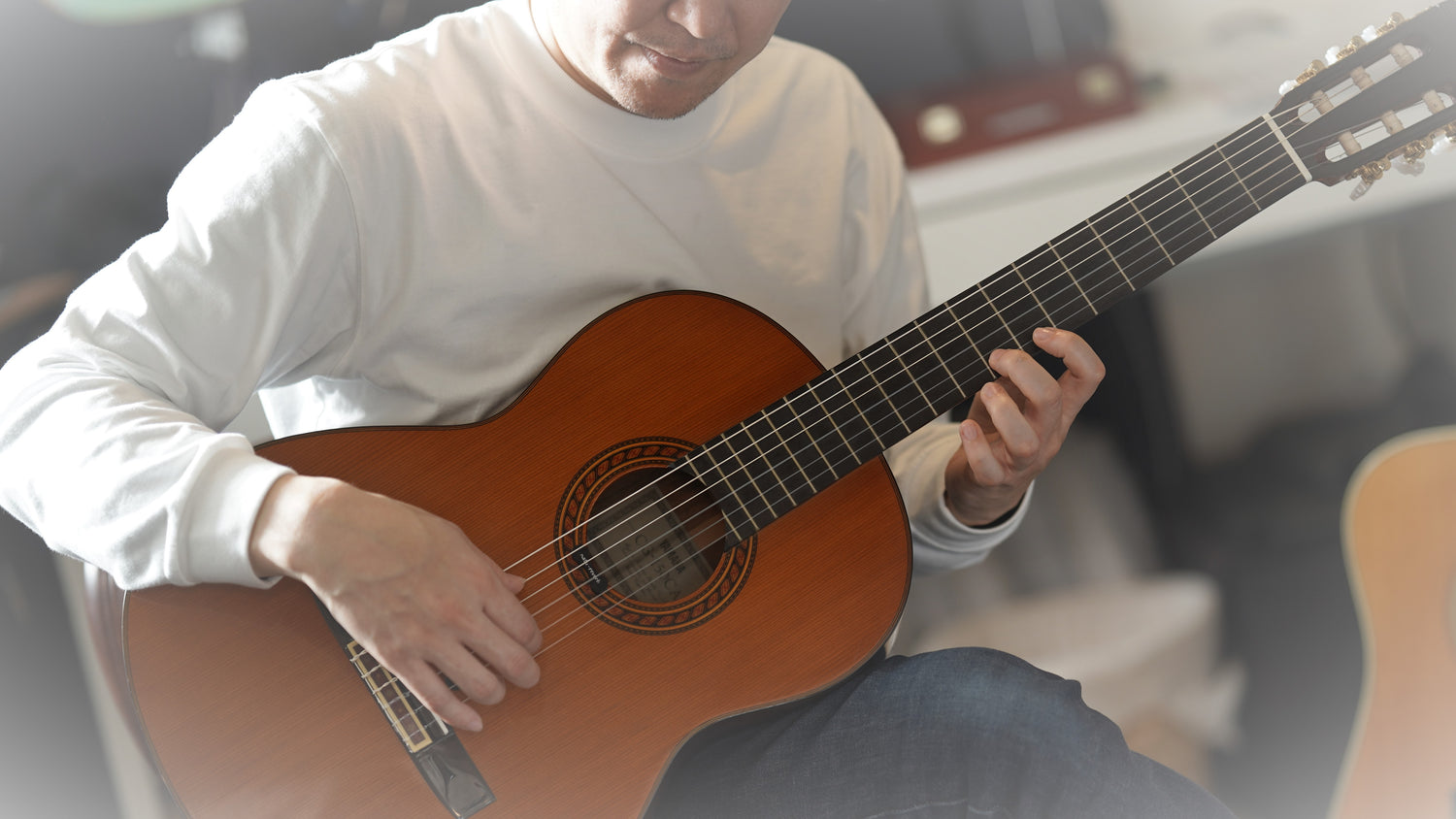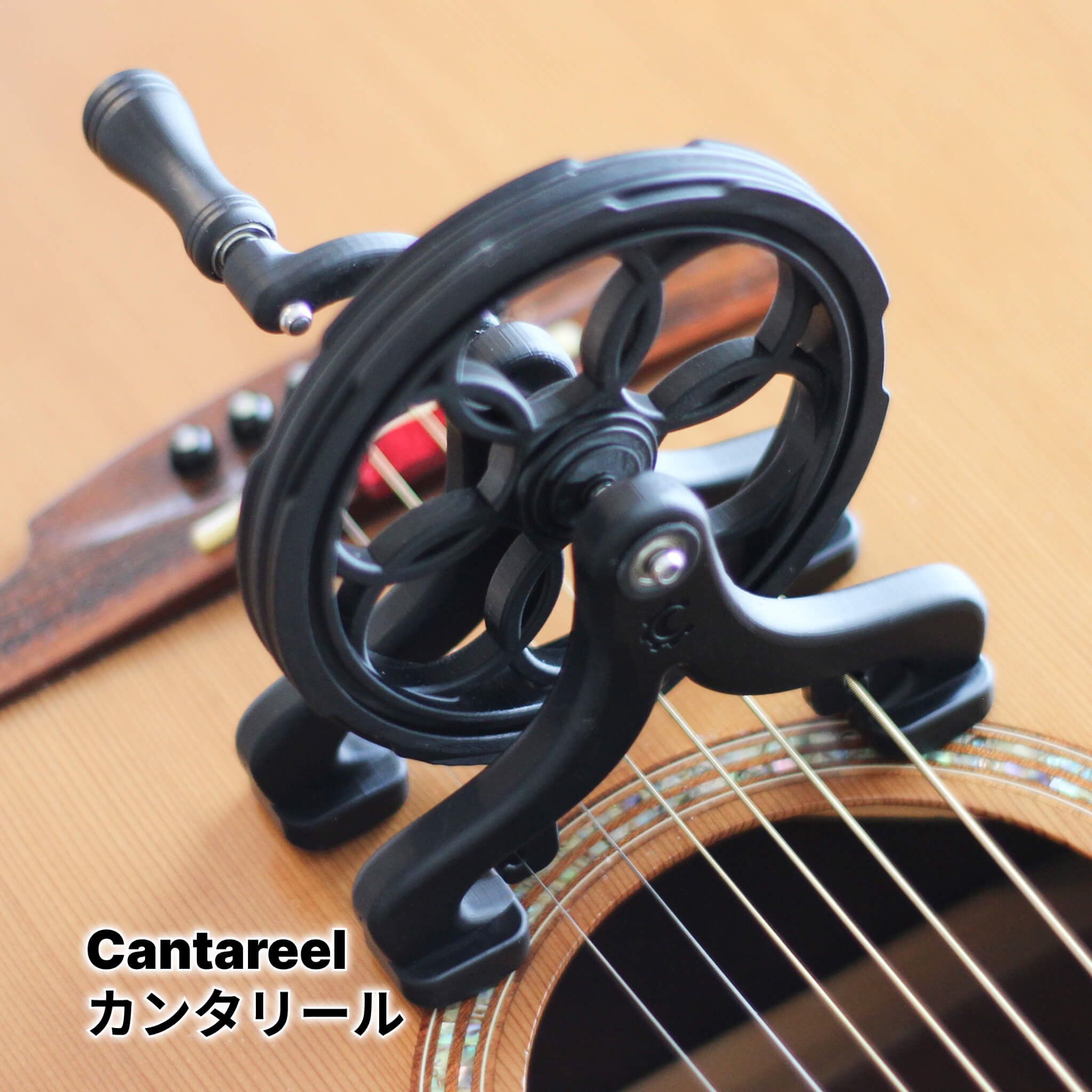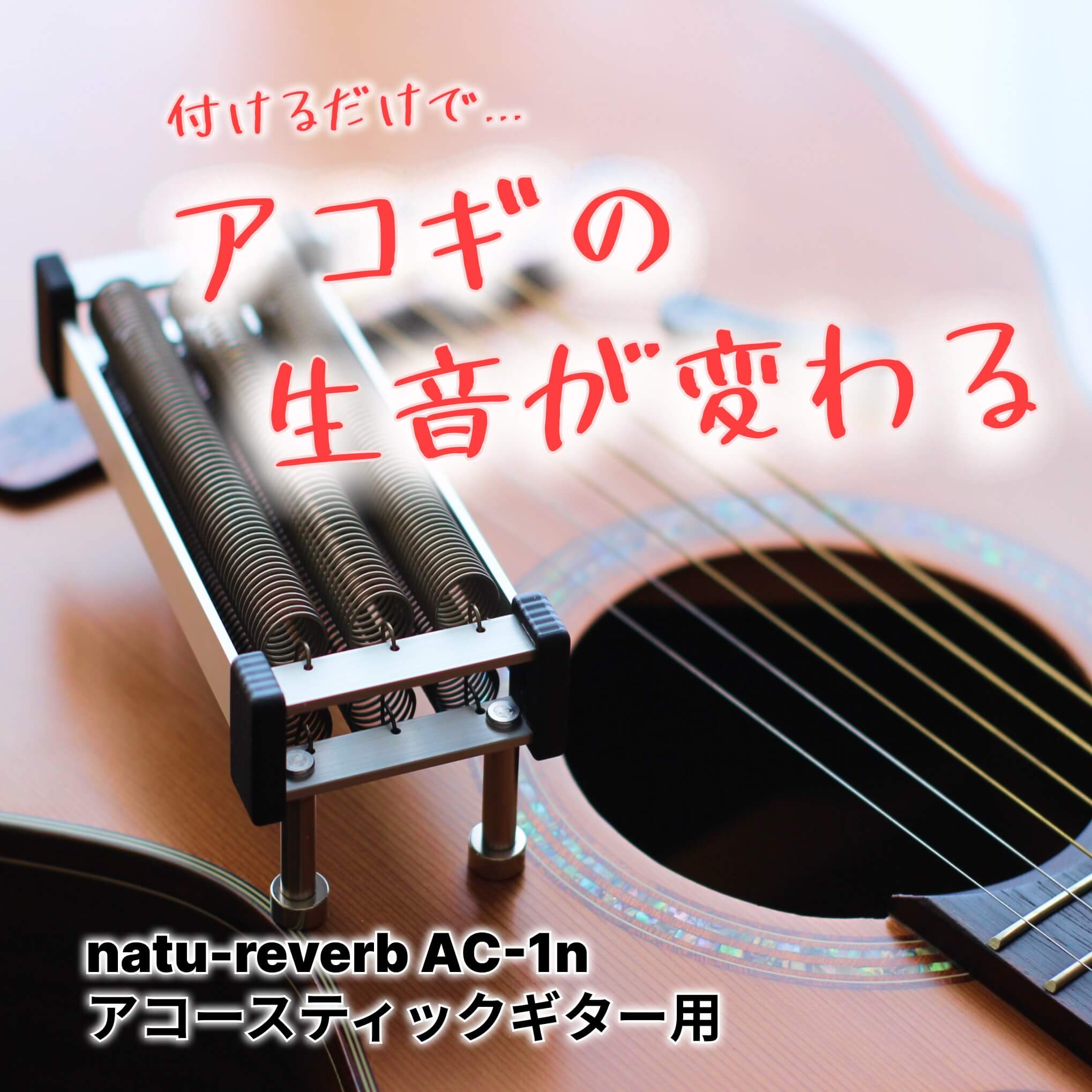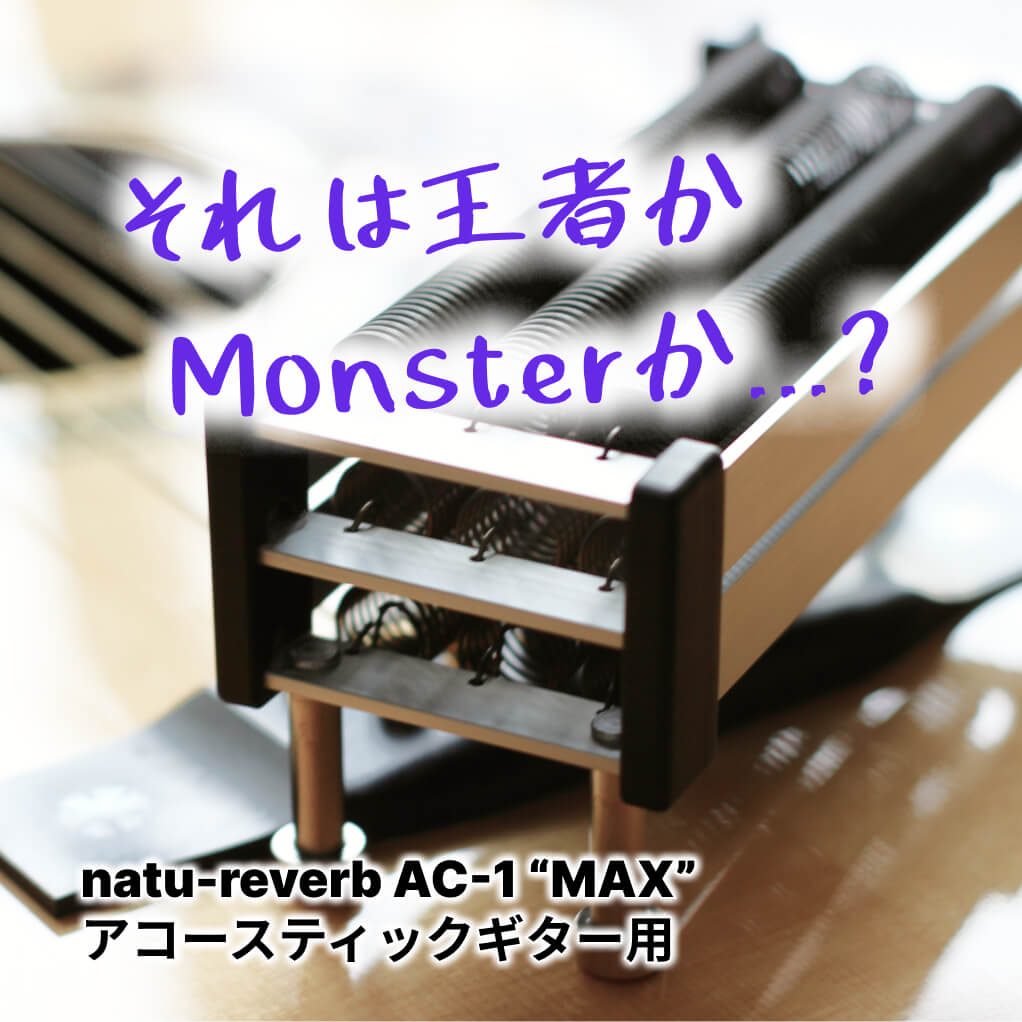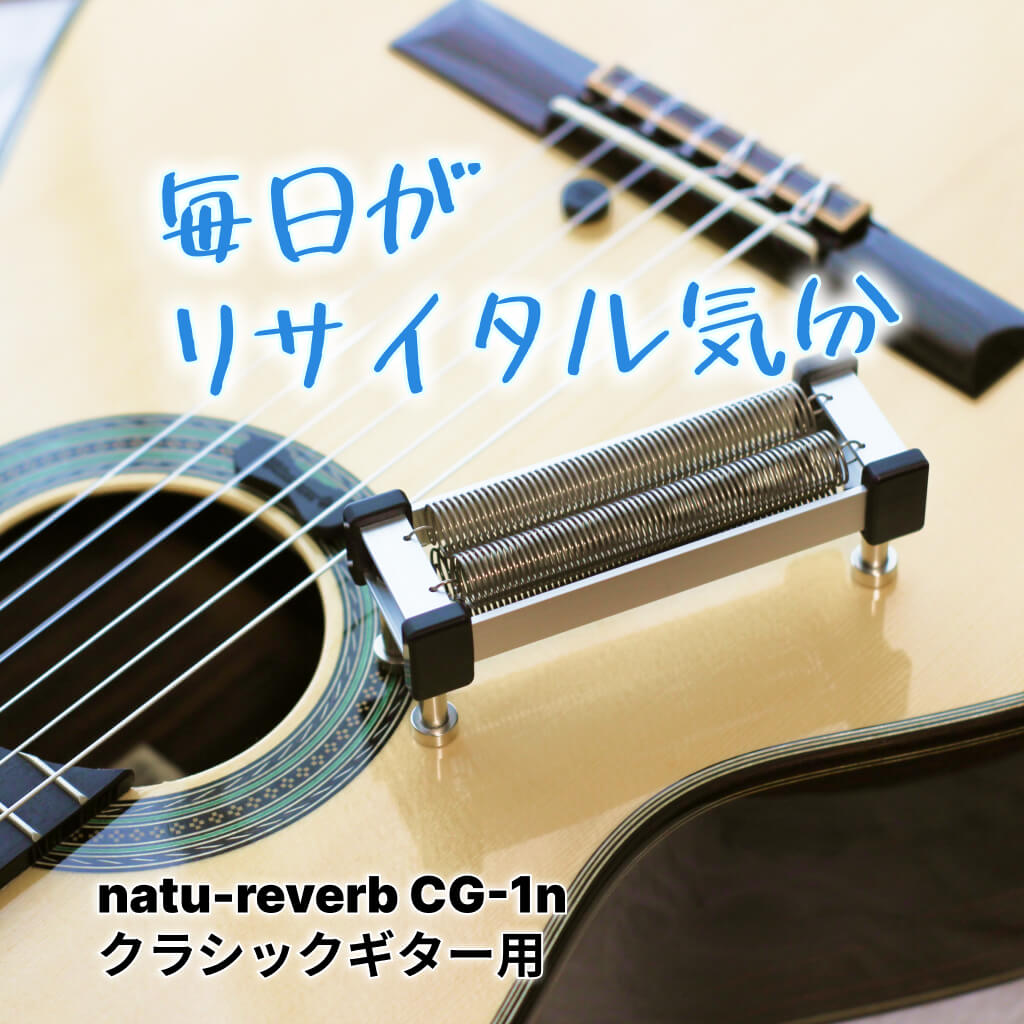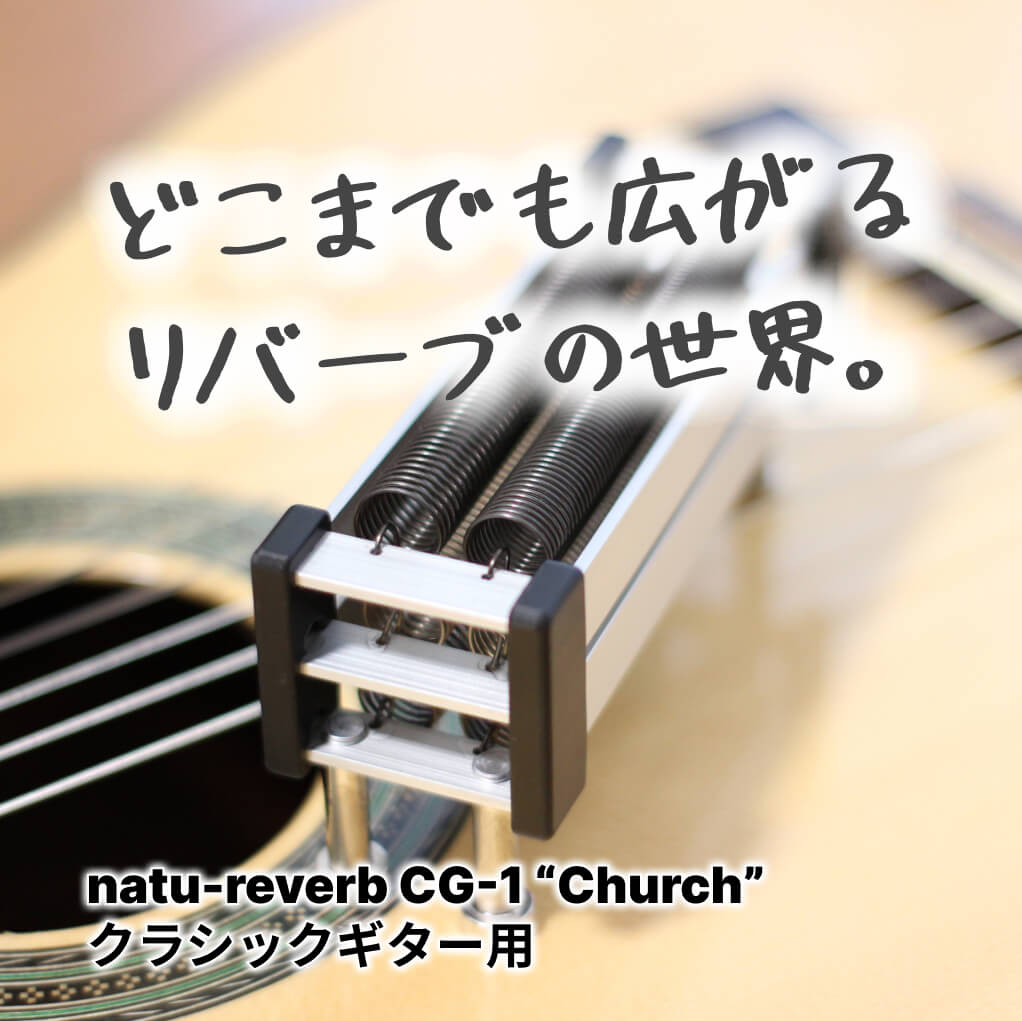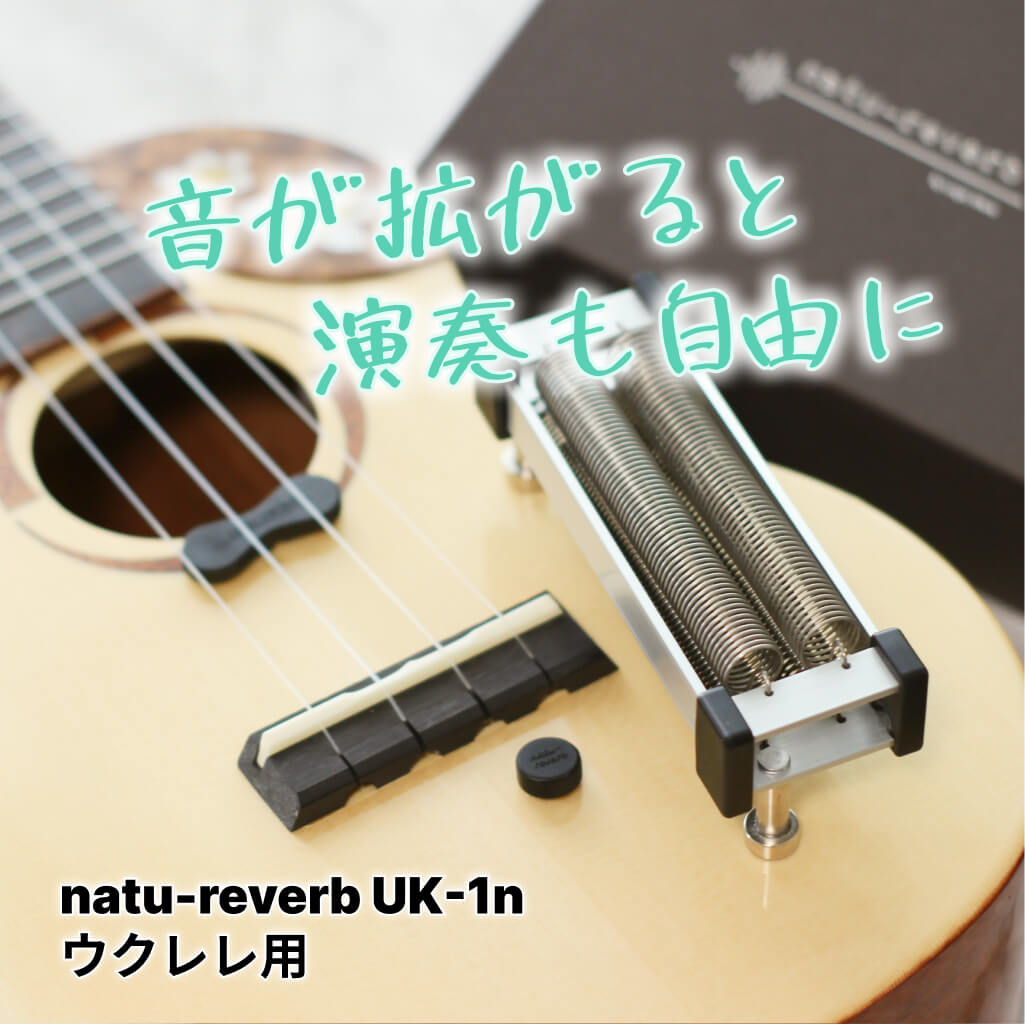Amplifiers amplify the sound of instruments such as guitars, but they don't just make the sound louder, they also change the quality of the sound and create new expressiveness.
What types of acoustic guitar amps are there, and how are they different from electric guitar amps?
This article provides an easy-to-understand explanation of the differences between electric guitar amps and acoustic guitar amps .

▼Difference between electric amplifier and acoustic guitar amplifier
First, we will explain the differences between electric guitar amplifiers and acoustic guitar amplifiers from multiple perspectives.
# Difference in sound
An electric guitar amplifier is an amplifier that adds distortion and effects to the sound of an electric guitar, allowing for a variety of tones and expressions.
Electric guitar amplifiers have channels such as clean, overdrive, and distortion, which allow you to switch the character and intensity of the sound. Some also have built-in effects such as echo, reverb, and chorus, and others can be connected to external effectors.
On the other hand, acoustic guitar amplifiers do not have channels for adding distortion or effects, but they may have a full range of effects such as equalizers to adjust the sound quality, reverb and delay to add reverberation and spaciousness. There are many.
# Electrical differences
Electric guitar amplifiers and acoustic guitar amplifiers can be divided into transistor amplifiers and vacuum tube amplifiers, depending on the type of amplifying circuit.
A transistor amplifier is an amplifier that amplifies sound using semiconductor transistors, and is characterized by being inexpensive, lightweight, and highly durable.
Vacuum tube amplifiers use vacuum tubes to amplify sound, and although they have the drawbacks of being expensive, heavy, and prone to failure, they can produce warm, deep sounds and unique distortion.
There are both transistor amps and vacuum tube amps for electric guitar amps, but transistor amps are the mainstream for acoustic guitar amps. This is said to be because transistor amplifiers are better suited to clearly reproduce the sound of an acoustic guitar without distortion.
#Main feature differences
Electric guitar amplifiers and acoustic guitar amplifiers are equipped with various functions to suit each instrument.
For example, a typical electric guitar amplifier has the following functions.
Channel switching:
Switch between channels such as clean and overdrive Effect loop: You can connect an external effector between the front and rear stages of the amp.
Foot switch:
You can control the amp channels and effects with your feet.
Headphone output:
By connecting headphones, you can practice without making any noise echoing around you.
Audio input:
You can connect audio devices such as smartphones and music players to play along with backing tracks and songs.
In addition to the features listed above, many acoustic guitar amplifiers also come with the following additional features:
Microphone input:
You can connect a microphone to accompany your singing or vocals.
Feedback Cancel:
This is a function to prevent acoustic guitar feedback.
tuner:
You can tune your guitar using the tuner built into the amplifier.
Phase switch: By inverting the phase of the sound, you can cancel or reinforce the sound.
Notch filter:
By cutting specific frequency bands, you can reduce noise and howling.
It's a good idea to take advantage of these unique features of acoustic guitar amplifiers to create a comfortable playing environment.

▼Is it okay to use an electric guitar effector?
Connecting an acoustic guitar to an electric guitar amplifier will generally not damage the guitar or amplifier.
However, the sound quality and characteristics of an acoustic guitar are often not suitable for an electric guitar amplifier.
Electric guitar amplifiers are designed to distort the sound or emphasize bass or treble, which can change the sound of an acoustic guitar unnaturally or impair its sound quality.
# In the end, what kind of sound do you want to produce with the amp?
Since you are choosing an acoustic guitar over an electric guitar, you will most likely use an effector to bring out the unique charm of an acoustic guitar.
However, what kind of sounds are appealing to different people differs from person to person, so in the end, what is important is what kind of sound you personally want.
# The key is reverb
If you're aiming for a natural acoustic guitar sound, a compressor to shape the sound and a reverb to add spatial spaciousness may be all you need.
In particular, the impression of an acoustic guitar performance changes considerably depending on whether or not there is reverb.
When you hear a sound with good reverb, you feel like you've been transported into a big, fantastical space .
